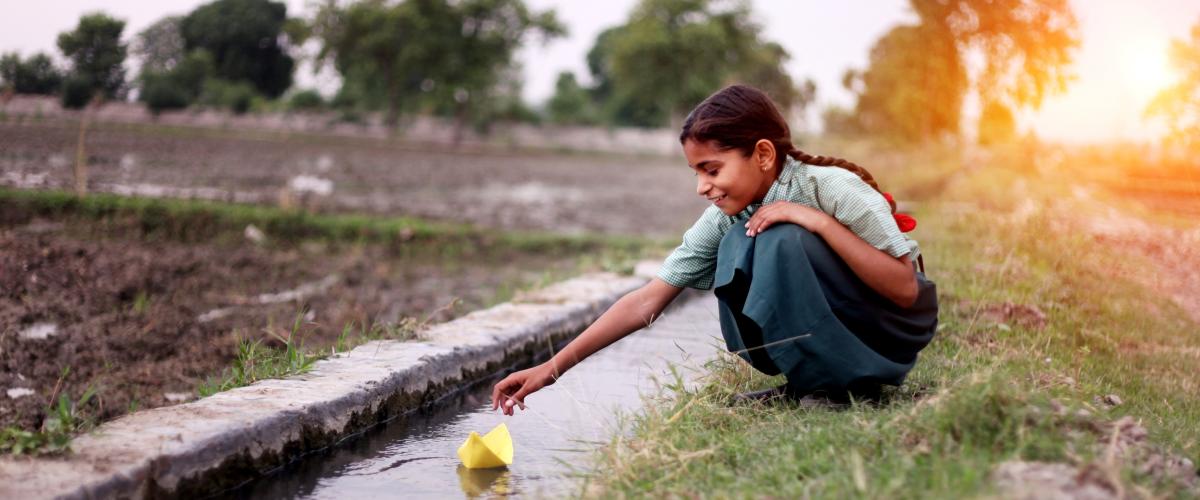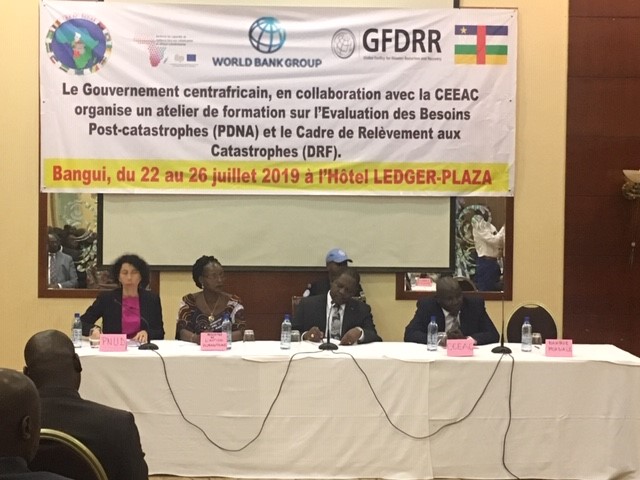
News
The World Meteorological Organization's HydroHub is looking for innovative solutions in operational hydrology. Apply to the Innovation Call by 20 August to make a difference on the ground!
The SWIO RAFI seeks to address high vulnerability of the Southwest Indian Ocean Island States to disaster losses from catastrophes such as cyclones, floods, earthquakes and tsunamis.
Some 20 high-risk developing nations forged a new alliance for climate change preparedness.
The World Bank approved a US$20 million project to help communities in the Marshall Islands – already vulnerable to recurring drought and flooding – prepare better for the impact of climate change.
At COP24, the High-Level Consultative Group (HLCG) of the InsuResilience Global Partnership agreed to work on a bold vision for the Partnership to scale up pre-arranged finance to assist poor and vulnerable people affected by climate change.
With developing countries the hardest hit by disasters, a new competitive challenge fund is being launched today to help developing countries design and implement ground-breaking solutions to overcome problems they face assessing disaster risks.
A new website assesses the risk of states, cities and countries for a variety of natural disasters .
Organised by the 100 Resilient Cities network, a four-day meeting of urban experts in New York starting on July 24 will look at ways to cope with challenges including extreme weather and migration.
[De L'Agora, quotidien independant d'information et d'analyse de la République centrafricaine]

Le gouvernement centrafricain en collaboration avec la CEEAC organise à Bangui un atelier de formation sur l'évaluation des besoins post-catastrophes (PDNA) et le cadre de relèvement aux catastrophes (DRF) à l'hotel Ledger-Plaza du 22 au 26 juillet 2019. La cérémonie d'ouverture de cet atelier de formation a été présidée hier par le Premier Ministre, Chef du gouvernement Firmin NGREBADA, assisté du Ministre de l'Action Humanitaire avec les représentants des organisations telles que: Programme des Nations Unies pour le développement, de la Banque Mondiale et de celui de la CEEAC.
The world’s biggest climatic weather phenomenon is easier to predict than many calamities. But it shows the importance of preparing for other disasters, too.
